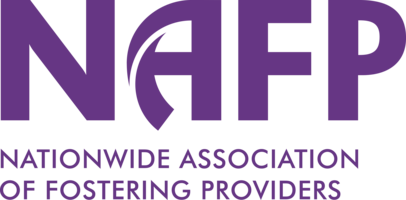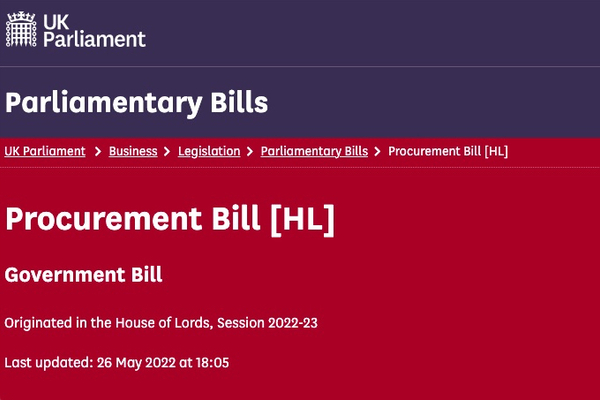The Cabinet Office recently provided an update on the reform of pubIic procurement. Whilst the topic isn’t exactly at the forefront of the minds of fostering agencies, having an understanding of the likely changes and anticipated timescales will undoubtedly be helpful to prepare for new ways of working. After leaving the EU, the government saw a unique opportunity to develop a new procurement regime for the UK. The new bill (currently in draft) aims to create a new public procurement regime, with greater flexibility to make procurement quicker, fairer, simpler and more transparent. A particular aim of the bill is to make public procurement more accessible to small businesses, and voluntary, charitable and social enterprises. The bill will extend to contracting authorities in England, Wales and Northern Ireland, although there may be some differences that apply in Wales and Northern Ireland (these are currently being considered). Scotland has decided to take forward its own legislation.
On 25 May 2022, the bill passage had its second reading in the House of Lords and it is anticipated that the bill will receive Royal Assent in early 2023 followed by a six month implementation programme. Understandably, there is some concern about transitioning from the old to the new regime and the government has committed to ensure clear guidance is in place.
Three work streams will support the development of the new procurement regime:
- Legislation and policy: the new bill will apply to the public procurement of goods and services with few exemptions. Through public consultation the government has recognised that for some procurement activity, a more relaxed set of rules will apply. This will almost certainly apply to services procured for the benefit of individuals (for example, health and social care services, including foster care). The government has recognised that person centred services have unique characteristics and this should be reflected in both the bill and accompanying guidance. The new bill should provide more detailed scope for preliminary market engagement and hopefully this will lead to improvements in the way local authorities consult with providers when developing contract documents. Another notable change is a new criteria which permits contracting authorities to consider factors beyond price. Cabinet Office has warned that style and language will be different to reflect UK law and it is anticipated this may cause some confusion. Government policy on social value will remain, but should be a lot easier to navigate. It is also expected that there will be greater emphasis on contract management (not just procurement).
- Learning and development: new legislation and policy is a first step and the government recognises that wrap-around support and additional work will be needed to enable procurement reform. There will be a programme of e-learning which is expected to be available to commissioning authorities but with resources that will be available to all. There is some recognition that providers will need support in understanding the new procurement regime and there are plans for there to be communities of practice & knowledge drops which will be open to all.
- Centralisation of digital systems: centralisation and standardisation are key themes and it is intended that there will be a centralised procurement platform. Given that the Independent review of children’ social care has recommended the creation of a National Data and Technology Taskforce, we must assume that any new taskforce will consider the implications of any centralised procurement platform and any relevant links that may need to be made.
These are early days, but providers are well advised to be mindful of the forthcoming changes. This will likely be a difficult time for local authority commissioning colleagues as they navigate their way through the changes, and potential areas of overlap between old and new regimes could create some uncertainty and confusion.
When the bill receives royal assent and during the six month implementation period, NAFP will consult with members regarding the possibility of facilitating some brief training sessions giving an overview of the key changes and important considerations.
Transforming Public Procurement
Procurement reform and the Social Partnership and Public Procurement (Wales) Bill





